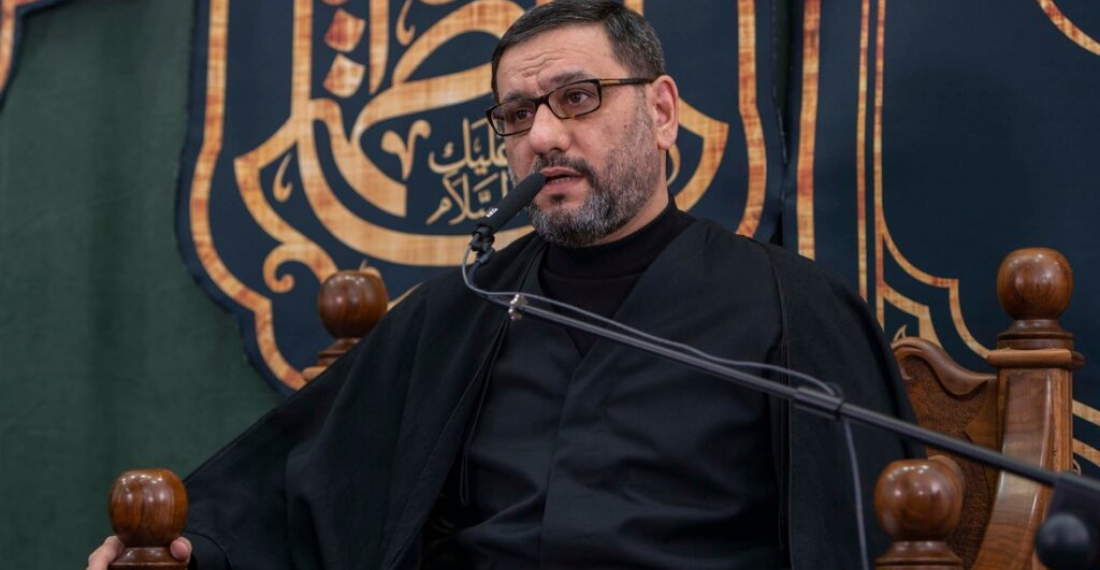Leading Azerbaijani theologian and imam, Haji Shahin Hasanli, has died aged 48, reportedly of a heart attack. His death was announced early Thursday morning on his Facebook page.
Hasanli was one of the most influential religious figures in the country. He had served as imam at the Mashadi Dadash mosque in Baku since 2001, and his funeral took place there later on Thursday.
Haji Shahin Hasanli was born in Baku in 1974, graduated from Azerbaijan State Technical University in 1994, and went on to complete a master’s degree in history at Baku State University. He received his religious education independently, beginning in 1992.
Hasanli was active in public life, and had a great influence across Azerbaijani society. He was frequently involved in commemorative events and funerals of soldiers killed in combat, and in supporting their families.
Hasanli also actively promoted ‘national values’, Islamic morality, and patriotism amongst young people, as well as motivating soldiers during the 2020 Second Karabakh War. In 2007, he founded the Public Association for the Promotion of National Moral Values "Spiritual World", and frequently published articles.
Hasanli's comments on the attack on Azerbaijan's embassy in Tehran
His comments after the 27 January attack on Azerbaijan's embassy in Tehran attracted attention.
He blamed Iran for the attack and said, "embassies in foreign countries are Azerbaijani territory, and if a person sacrifices his life for the homeland, he is a martyr."
Many notable Azerbaijani public figures and politicians attended the funeral at 4pm local time, with members of both the ruling party and opposition parties sharing their condolences on social media.






